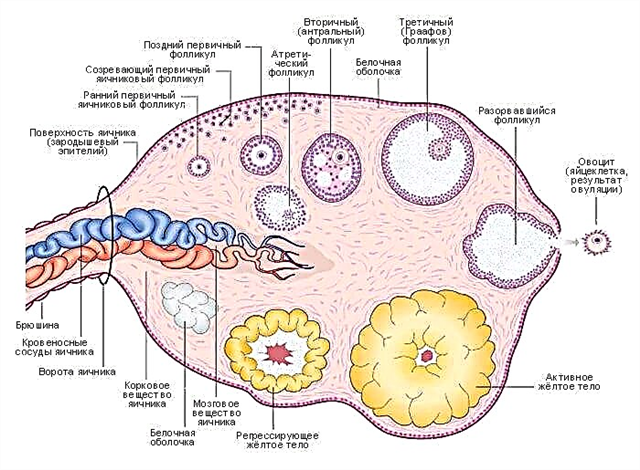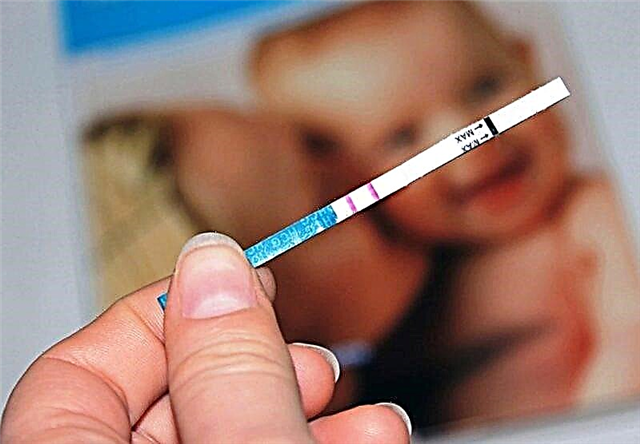
Hypertension is one of the most common pathologies among children and adults. According to statistics, high blood pressure is observed in 35% of women and almost half of men. Hypertension is less common in childhood. However, there is a rapid growth - over the past 5 years, the total of purely hypertensive patients of all ages in our country has grown by 4-4.5%. Doctors predict that the number of such patients will increase.
In this article, we will look at why high blood pressure develops, from the point of view of psychosomatics.


Evidence-based medicine version
On the issue of the causes of the development of hypertension, both evidence-based and psychosomatic medicine are in solidarity. Stresses, nervous shocks, an unfavorable psycho-emotional background, violations of the rules of a healthy diet, work the night shift, lack of sleep are recognized as the main factors that provoke a violation of blood pressure on the walls of blood vessels.
In medicine, pressure is considered high, at which a person has a stable or regularly observed increase in systolic and diastolic pressure up to 140/90 millimeters of mercury.
There are several successive stages of hypertension, but hypertensive patients are almost always characterized by pressure drops. They are literally plagued by headaches, the attacks of which are very frequent, the feeling of "flies" before the eyes, tinnitus, unpleasant pressing sensations in the heart, dizziness.
Hypertensive patients more often than others suffer from chronic fatigue, there is increased sweating. They are tormented by shortness of breath even after minor physical exertion, they often complain of numbness of the limbs, swelling of the hands, face and legs.


The main danger of hypertension lies in the increased likelihood of developing heart disease, which can be fatal. Against the background of high blood pressure in childhood, an increase in intracranial pressure is often observed, which is fraught with neurological disorders.
Evidence-based medicine points to the age factor, the presence of blood clots, eating disorders, bad habits, sleep disturbances, and insomnia as possible causes of hypertension. A special place among the causes is occupied by stress and disorders of the psycho-emotional state.
Therefore, hypertension in the last century was included in the so-called Big Classic Chicago seven of psychosomatic diseases.


Psychosomatic causes
Psychosomatics allows us to understand the deep mechanisms of the development of high blood pressure, as it evaluates the violation of the psycho-emotional background of a person. Treatment of hypertension may well be based on psychocorrection, which will eliminate the true causes, and with them the manifestations of the disease.
Psychoanalysts and psychologists were able to draw up a psychological portrait of a typical classic hypertensive patient. The blood pressure level quite accurately reflects a person's attitude to events in the outside world, hypertension is a disease of people with heightened emotionality.

In other words, those who are very sensitive and tend to dramatize the situation somewhat, take on more responsibility than they can bear, suffer from increased pressure.
Often with such a load, hyperthyroidism develops - an increased function of the thyroid gland, which also contributes to an increase in pressure. Such people are real collectors of negative emotions. This is often a large collection of resentment, accumulated irritation, anger, and disappointment.
Some researchers in the field of psychoanalysis compare hypertension with a boiling pressure cooker - the pressure inside him goes off scale, from time to time he puffs so that it becomes noticeable to everyone.
The more negative experiences a person accumulates without being able to spill them out, the higher the pressure inside the person, which gradually begins to affect the ability of the brain to regulate the tone of the walls of blood vessels.

Patients with hypertension are very quick-tempered and irritable, touchy. At the same time, it is often possible to offend them not only with a word, but also with a look, which speaks of high suspiciousness. They quickly move from hot-tempered speeches to apathy, get tired. Quite often, according to psychologists, they can become suddenly aggressive for no apparent reason.
People of choleric and melancholic types of temperament are more susceptible to hypertension.... More often the problem is peculiar to older men than women.
Most of all hypertensive patients are in business, politics, among doctors, because people in white coats are characterized by increased responsibility for the lives of other people. Representatives of professions with a high level of responsibility suffer from increased pressure - train drivers and pilots, air traffic controllers, directors of large enterprises and social workers, rescuers and firefighters.
It is difficult to treat hypertension not only because all medications have only a temporary effect and have almost no effect on the root cause. It is difficult to treat hypertensive patients, since they often do not have enough patience to complete a psychotherapeutic course, and without it, one cannot count on a persistent and long-term decrease in pressure.


There are no bad or good events, there is our attitude towards them. Therefore, a hypertensive person must clearly learn that only his personal attitude to events forms their characteristics - whether they are bad or favorable.
This is what the treatment is based on. Hypertensive patients need to get rid of their set of resentments and fears, disappointments and anger. After that, not only will it become much easier to breathe, but the pressure will return to normal.


Childhood hypertension
In childhood, hypertension can develop under the influence of a family factor. More often hypertensive babies grow up in families where the level of conflict literally rolls over... Age and heightened emotionality do not allow a child to express to adults everything that has accumulated in his soul due to constant scandals.
Until a certain age, a child is not able to comprehend what is happening, as well as to protect both people dear to him - mom and dad. The more protracted the marital conflict, the more likely the child will have problems with high blood pressure.
But even in those families where there is a practice of sorting out relationships outside the presence of children, it is likely that the child will become hypertensive. The fact is that kids intuitively feel the inner tension of their parents. The connection of the baby with the parents is great, and the mood of adults will not escape the crumbs, which will cause tension in the child.

Teens are more likely to have high blood pressure than babies. In the puberty period, there are a lot of own experiences associated with the first love, the desire to please and self-doubt, with conflicts among peers.
If at the same time the atmosphere at home is friendly, there is contact with parents, then it is easier to survive the period of growing up.... But authoritarian parents who put excessive pressure on a teenager, decide for him, demand unquestioning obedience and submission, only exacerbate the situation.
The likelihood of hypertension increases in secretive children who do not want and do not know how to express their feelings. If we are talking about adolescents, then hypertensive patients can manifest themselves with outbursts of youthful aggression aimed at peers and parents. Almost always, children with hypertension have low self-esteem.

The opinion of famous psychologists
Canadian psychologist and teacher Liz Burbo says high blood pressure affects people who are used to taking on too much responsibility, and in any case blaming themselves for the failures.
Such self-flagellation makes people with pleasure constantly mentally return to unpleasant events and relive personal tragedy again. They themselves do not allow the internal tension to weaken, and the pressure to decrease.


Psychotherapist and homeopath Valery Sinelnikov writes that arterial hypertension is created for themselves by people who do not know how to accept one or another completely obvious situation., which gives rise to a difficult long-term internal conflict in them.
Men suffer from high blood pressure more often than women. Since upbringing, according to the doctor, obliges the representatives of the stronger sex to suppress emotions in themselves, to restrain themselves, not to cry.


The writer Louise Hay tends to identify psychosomatic causes in previously incorrect emotional experiences, when a person cannot let go of traumatic memories for a long time.... She sees the reason also in internal resistance to imposed events or destructive patterns of behavior.


Treatment
In the fight against hypertension, from the point of view of psychosomatics, psychotherapy is important. It is needed no less than medications that can urgently lower high blood pressure. therefore complex treatment is recommended.
Psychotherapists can offer hypertensive patients a wide range of therapeutic measures - from hypnotherapy sessions, relaxation to training in a controlled release of emotions. Usually, after a person undergoes a course of psychocorrection, his blood pressure is normalized.

You will learn more about how to treat hypertension using psychosomatic methods in the video below.



